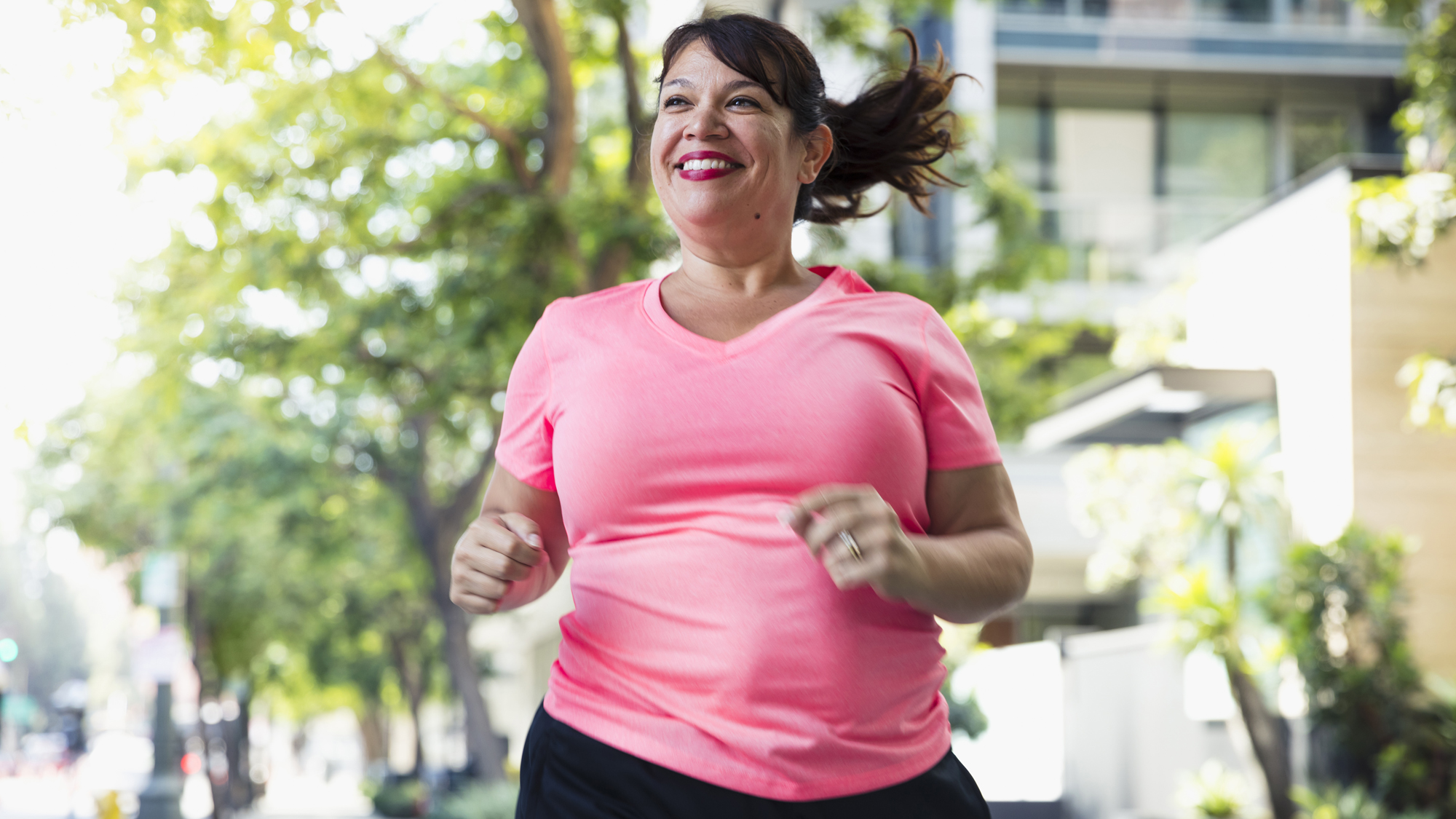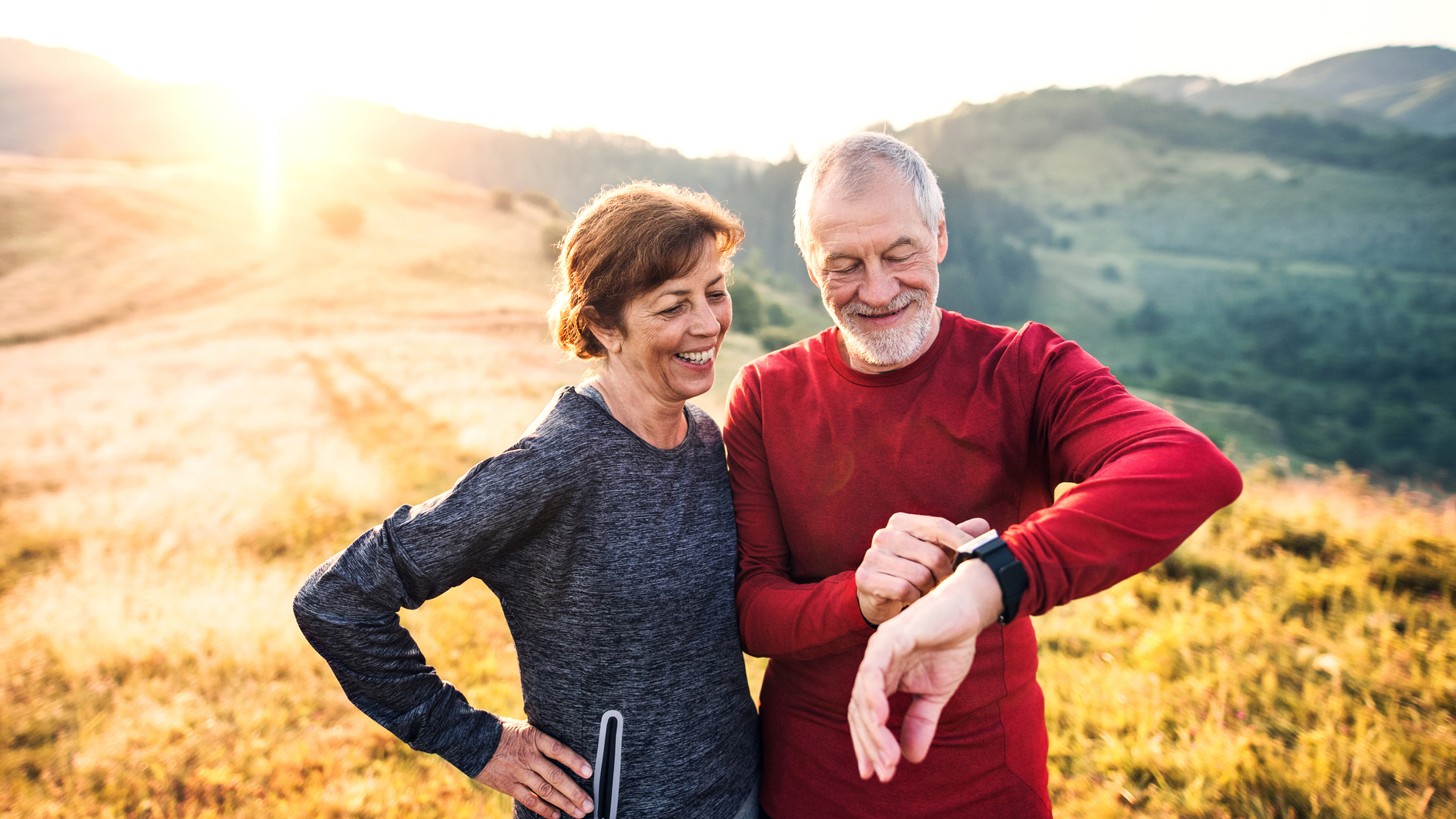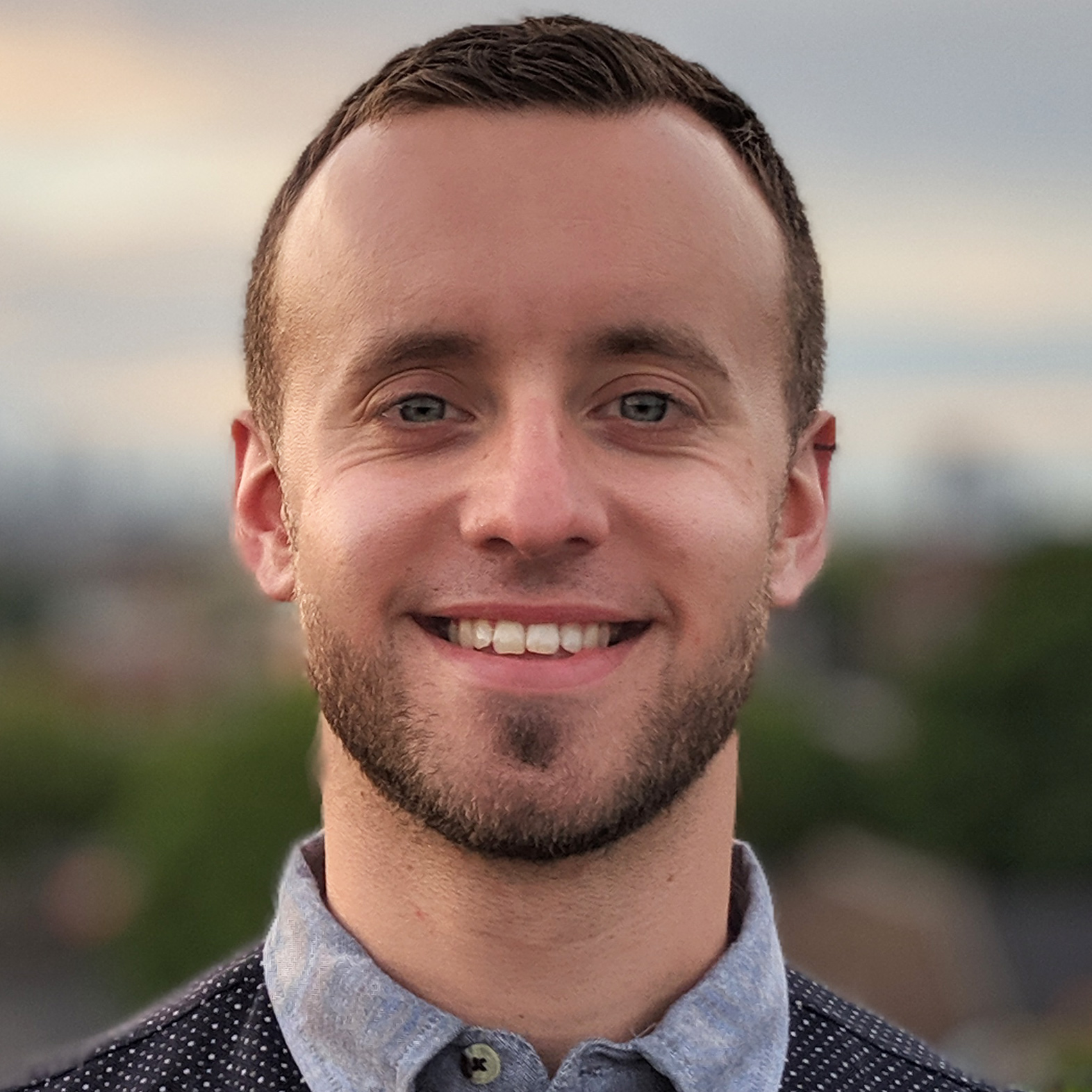It's never too late for over-60s to benefit from exercise – Here's how to get started
You don't have to a life-long athlete to get the benefits of exercise, and the good news is you can start at any age.


Start your week with achievable workout ideas, health tips and wellbeing advice in your inbox.
You are now subscribed
Your newsletter sign-up was successful
To older adults, getting fit for the first time seems like an impossible task. As our metabolism slows down and muscles get weaker, it can be daunting and intimidating to get back into fitness and break a lifetime's habit. To some degree, ageing was thought to be an irreversible process.
Fortunately, new research has shown that physical activity, at any age and any experience level, can have a dramatic impact on your risk of death. There's plenty of low-impact exercise equipment, such as the best resistance bands and best cross trainers, which are suitable for use in your sixties, seventies and beyond.
The study, published by researchers from the University of Bern, Switzerland, analyzed previously published research and included data for over 33,000 patients with coronary heart disease, with an average age of 62.5 years.
Initially, patients were assessed and classed as active or inactive. Although this varied by study, generally, an active person was engaged in 150 minutes of moderate-intensity activity per week, 75 minutes of vigorous activity, or a mixture of the two. After some time - the median was 7.2 years - researchers followed up with each individual and reassessed whether they were active or inactive.

This recent meta-analysis categorized patients into four groups; inactive over time, active over time, increased activity over time, and decreased activity over time. The researchers looked into the risk of death for all four groups. As you may have guessed, those who were active over time had a 50% lower risk of all-cause death than the inactive over time group.
There were some surprising results, too. For instance, patients who increased their activity over time had a 45% lower risk of death. This is an incredible finding as it is only slightly reduced from the group who had already been active, showing that it is possible to gain many health benefits no matter when you start exercising. Physical activity even had a slight protective effect for those who became inactive, with a 20% lower risk of death compared to the inactive group.
The results "show that continuing an active lifestyle over the years is associated with the greatest longevity," according to the study's author, Dr. Nathalia Gonzalez of the University of Bern. She also concludes that it is possible to overcome years of inactivity by taking up exercise later in life.
Start your week with achievable workout ideas, health tips and wellbeing advice in your inbox.
If you're looking to shed pounds, consider starting with low-intensity exercises such as walking to lose weight, which just needs the best shoes for walking and some comfortable clothes to get started. Alternatively, low-intensity exercises such as cycling or rowing might be appropriate. From there, it's just finding gradual way to increase your physical activity. Good luck!

James is a London-based journalist and Fitness Editor at Fit&Well. He has over five years experience in fitness tech, including time spent as the Buyer’s Guide Editor and Staff Writer at technology publication MakeUseOf. In 2014 he was diagnosed with a chronic health condition, which spurred his interest in health, fitness, and lifestyle management.
In the years since, he has become a devoted meditator, experimented with workout styles and exercises, and used various gadgets to monitor his health. In recent times, James has been absorbed by the intersection between mental health, fitness, sustainability, and environmentalism. When not concerning himself with health and technology, James can be found excitedly checking out each week’s New Music Friday releases.